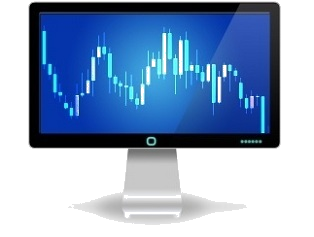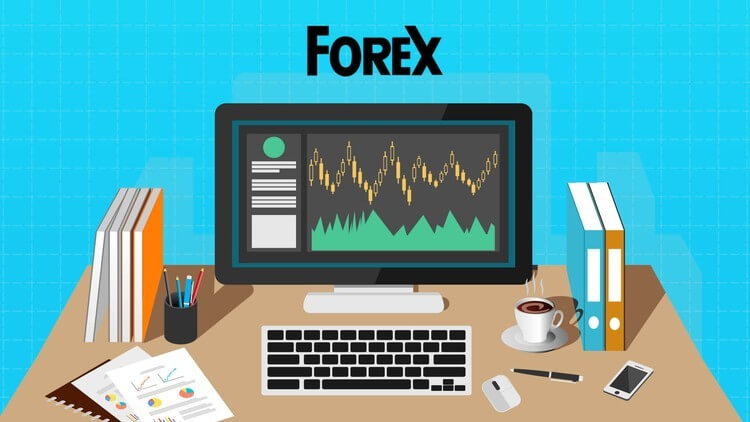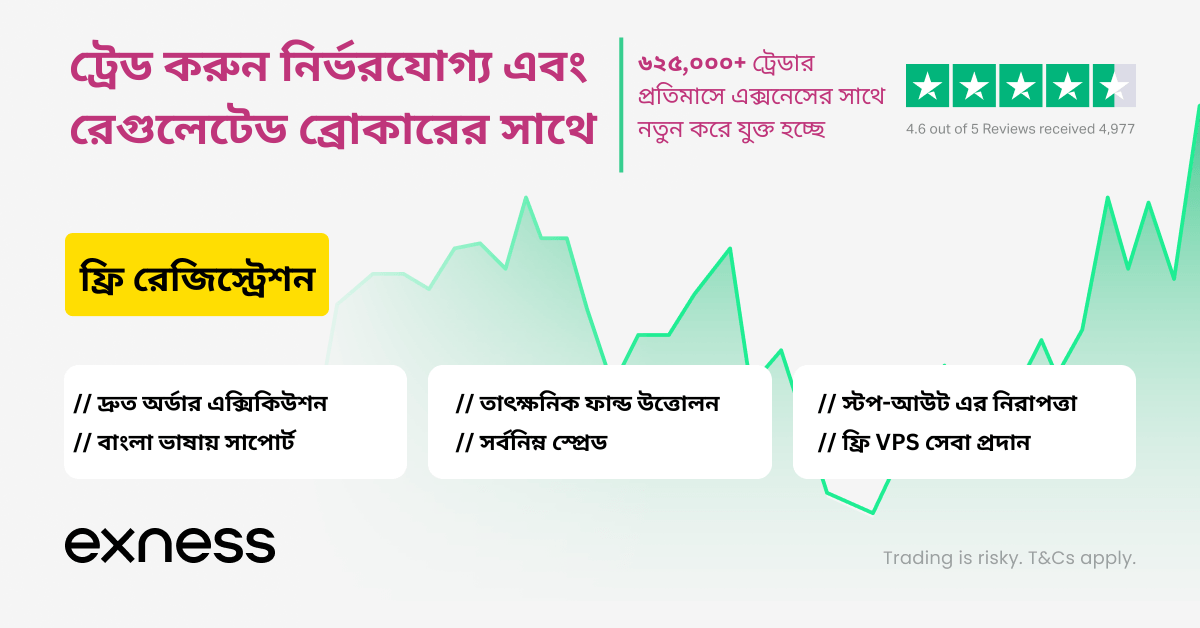The dollar edged higher against a basket of the other major currencies in quiet trade on Monday, with several markets in Asia and Europe closed for the May Day holiday.
The U.S. dollar index, which measures the greenback’s strength against a trade-weighted basket of six major currencies, rose 0.16% to 99.06.
The dollar was boosted after U.S. Congressional leaders reached a deal late Sunday to fund the government, averting a government shutdown later this week.
The deal, which includes a $12.5 billion increase for defense and $1.5 billion for border security, must now be passed by the House of Representatives and the Senate by Friday, in order to avoid the first government shutdown since 2013.
The dollar pushed higher against the yen, with USD/JPY rising 0.32% to 111.89.
The U.S. Department of Labor said Friday that the employment cost index, the broadest measure of labor costs, increased 0.8% in the first quarter, the largest increase since the fourth quarter of 2007.
The data offset another report showing that the U.S. economy posted its slowest growth in three years in the three months to March, with gross domestic product growing at a 0.7% annual rate.
The slowdown was due in large part to a near-stagnation in consumer spending, which grew by just 0.3%.
The yen’s losses were held in check as investors continued to monitor geopolitical developments around North Korea, following another North Korean missile test-launch on Saturday which Washington and Seoul said was unsuccessful.
The euro was a touch lower, with EUR/USD dipping 0.09% to 1.0886, but demand for the single currency continued to be underpinned by Friday’s stronger-than-forecast euro zone inflation data.
The annual rate of inflation in the euro area rose by 1.9% in April, Eurostat said, the highest level in over three years.
The data fueled expectations that the European Central Bank could adopt a more hawkish stance at its next policy meeting in June.
Meanwhile, sterling was lower, with GBP/USD down 0.29% to 1.2914, easing back from Friday’s seven-month highs of 1.2964.
The pound shrugged off data on Friday pointing to a showdown in UK growth at the start of the year as higher inflation, which has risen sharply since the Brexit vote, eroded consumer spending.
Demand for sterling continued to be underpinned in the run-up to the election called by Prime Minister Theresa May, who says she wants to strengthen her hand ahead of Brexit negotiations.

























































